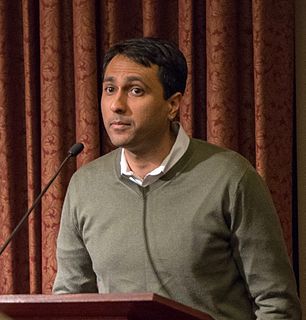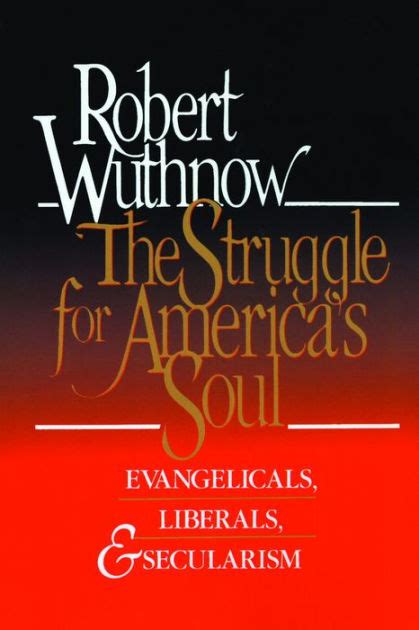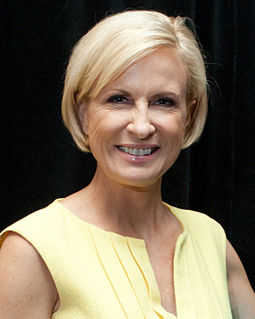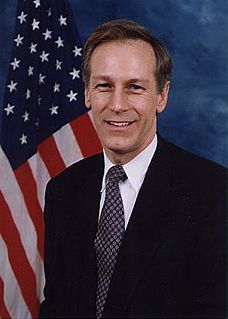A Quote by Eboo Patel
Finding Mecca in America weaves social theory and concrete ethnography into a significant contribution on Muslims in the United States, illuminating broader questions about the integration of minority and immigrant groups along the way. This is an important work and a joy to read.
Related Quotes
Interpretations of Muslim assimilation have gravitated between two arguments: that Muslims will remain as permanent outsiders or that Muslims will blend in with little difficulty at all. Mucahit Bilici demonstrates how wanting these arguments are. Finding Mecca in America takes us into the uncharted territory of what it is actually like to be Muslim immigrants in the United States. I am especially impressed by the study's theoretical depth and empirical insights.
Despite long-standing claims by elites that Blacks, women, Latinos, and other similarly derogated groups in the United States remain incapable of producing the type of interpretive, analytical thought that is labeled theory in the West, powerful knowledges of resistance that toppled former social structures of social inequality repudiate this view. Members of these groups do in fact theorize, and our critical social theory has been central to our political empowerment and search for justice.
Unemployment is higher in Europe than in the United States and primarily concentrated in immigrant minority populations, so people are worried about what's going to happen and if American-style ghettos are emerging in Europe. There are some of the problems there that America sees associated with the lack of economic inclusion - family breakdown, gang behavior, and racial tensions. I get the sense that in Europe they are much more concerned about these issues than in the United States.
I'm in love with this country called "America." I'm a huge fan of America. I'm one of those annoying fans - you know, the ones that read the cd notes and follow you into bathrooms and ask you all kinds of annoying questions about why you didn't live up to that. I'm that kind of fan. I've read the Declaration of Independence, and I've read the Constitution of the United States, and they are some liner notes, dude.
Artists have their existential questions as human beings, and they address these questions in their works. But they are also thinking in a broader sense when they participate in a social and political debate through their works. Often the most important voices of artists in the political and the social debate are focused on originality in their works. We can see this in historical pieces, like "Guernica" by Picasso. "Guernica" was an extremely important manifestation and critique against war, but it was important and powerful because it was also an incredibly original and powerful work of art.

































